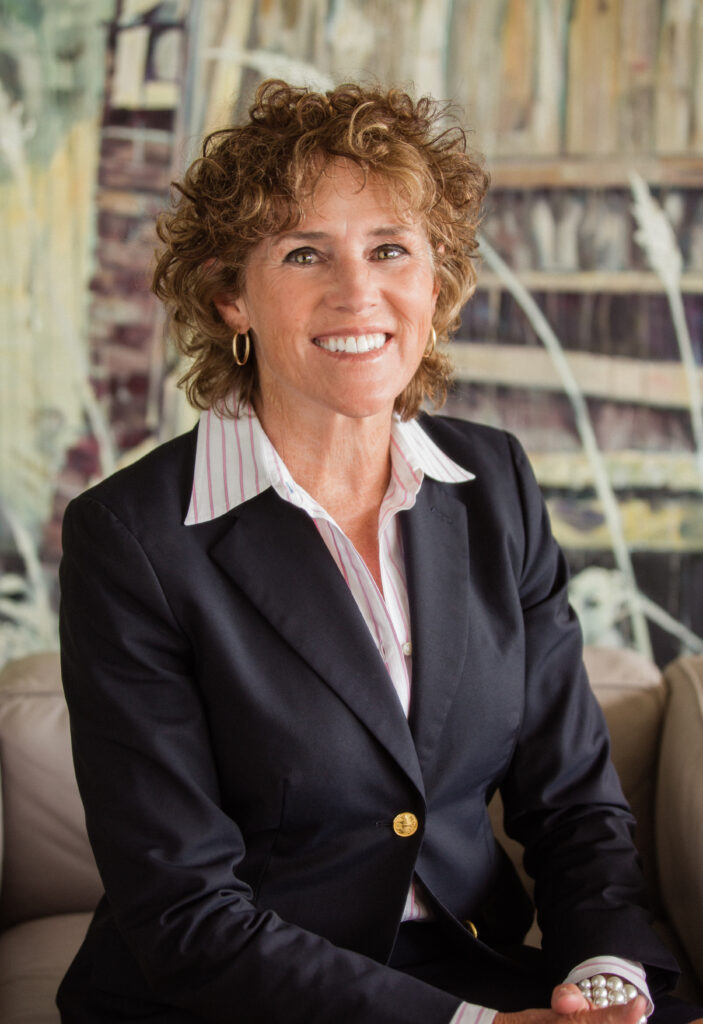

Kat Taylor is Founder of the TomKat Foundation, Co-founder of Beneficial State Bank, and a member of the Initiative to Accelerate Charitable Giving.
For six decades I have been working to change the extractive and exploitative economic systems that perpetuate racial injustice and undermine our legitimacy as a true representative democracy. Philanthropy is currently interwoven into those harmful systems and billed as a feel good, fix-all solution.
But with a racial awakening spilling onto the streets, a pandemic raging on, and with a new government leadership, it’s time to bring more accountability to philanthropy to preserve its credibility. The first step must be changing the preferential treatment wealthy donors receive from taxpayers.
It’s time to put charities back at the center of charitable giving.
More than $1.3 trillion sits idle in private foundations and donor-advised funds (DAFs), depriving the government of tax proceeds for essential services like education, infrastructure, and climate change response. Wealthy donors promise to give a lot of money to charity and in return, the government gives them a nice tax break. This Faustian bargain can be the equivalent to taxpayers paying for 72 cents of every dollar a donor deems charitable — while the other 28 cents doesn’t even have to be given away in a reasonable timeframe.
Meanwhile, private foundations presently need only to distribute five percent of their assets each year. Salaries, renovations, and transfers to other philanthropic assets in the same family’s hands all qualify as “distributions.”
The Initiative to Accelerate Charitable Giving (IACG) proposes reforms that address these tax loopholes and will help return philanthropy to its original purpose – fulfilling public benefit. I joined the IACG to build support for new charitable giving tax laws that help solve the problems of today, and mandate the necessary changes that philanthropy should have begun making on its own, internally, years ago.
Some initial steps Congress can take are closing loopholes for private foundations to incentivize greater payout through reforms to the excise tax; adopting measures to make sure that DAF accounts are distributed to working charities within a reasonable period of time; and incentivize greater giving by expanding and extending the new non-itemizer charitable deduction in a cost-effective way. IACG’s common sense reforms will still encourage charitable giving but do so in a way that also ensures public benefit within a reasonable period of time.
It’s time to put charities back at the center of charitable giving. I urge my colleagues to support IACG’s legislation and consider pledging their DAFs to help communities of color unlock the same low-cost capital wealthy donors have access to. When we all own a little bit of everything and no one owns too much of anything, we will finally all thrive and reach a new equilibrium.
